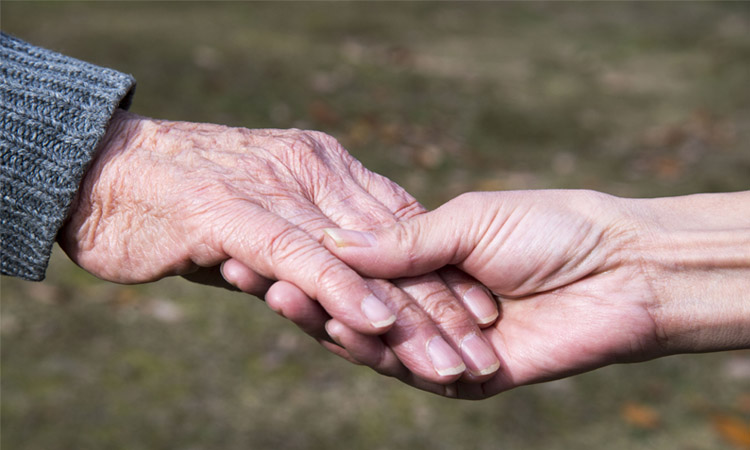

Taking care of an ill loved one requires a great deal of physical and emotional energy, not to mention financial resources. People caring for someone with mesothelioma face additional challenges after their loved one has been through treatment and is back home.
Caretakers may need to provide emotional and physical support to help deal with dietary and lifestyle changes, fatigue and physical limitations and the uncertainty, anxiety and frustration that comes with a cancer diagnosis.
Caregivers often have to make medical decisions, ensure their loved one is following the prescribed treatment methods and be in constant communication with doctors, therapists and pharmacists. Supporting someone who has or is recovering from cancer is more taxing emotionally than other kinds of caregiving, which means caregivers need ways to manage their own stress in order to avoid exhaustion.
Watch Out for Burnout
Because caregiving can last for weeks, months or even years, caregivers sometimes experience burnout. This kind of exhaustion can appear much like depression. The caregiver may have changes in sleeping or eating habits, feel hopeless and no longer enjoy favorite activities. Burnout can also cause anxiety, and physical problems such as headaches. Individuals may be tempted to use alcohol or drugs to self-medicate and relieve stress.
Some of these problems may be created because caregivers place a heavy burden on themselves to make their loved one feel better physically and emotionally. Also, caregivers often find themselves shifting from being a child or spouse to a care provider, which is a stressful change in responsibility. They may also not have enough time or money to give their loved one all the support they need, which leads to more frustration.
3 Key Strategies for Self-Care and Seeking Help
Particularly with difficult illnesses such as mesothelioma, caregivers must remember to care for themselves. The strategies below can help caregivers find outside support, enabling them to better meet their own needs, and those of their loved one.
1.) Care for Yourself Emotionally and Physically
Because caregiving takes an emotional and physical toll, do not skip appointments to your doctor. Your care provider should be an ally, and should be aware of the fact that you are caring for someone else. You also need to be sure not to ignore your own pains and fatigue, and to get enough rest. Additionally, establish your own health plan with a balanced diet and regular exercise.
Remind yourself that caregiving involves a wide range of emotions. You should not feel bad about experiencing what you might think of as “negative feelings,” such as being angry or frustrated at yourself or your loved one who is ill.
2.) Know Your Limits
Caregiving is time and energy-consuming. Because of this, it is okay to “just say no” to activities and events that you know would be too taxing. You do not need to host Thanksgiving dinner at your house. Also, realize that you do not need to do everything for your loved one, and you should not be afraid to ask for help when you need it. Other family members or neighbors may be willing to help with household tasks, or be with your loved one while you take an afternoon “off” to run errands or simply be out of the house.
You can also contact your area council on aging for suggestions on local support services, such as transportation or meal delivery. You may also want to hire a nurse or other home care assistant to help with housework or caregiving for a few hours a day, or a few days every week.
3.) Finding Community
Look for caregiver support groups, either in your area or online. It can be helpful to share your experiences and frustrations with others who are going through similar challenges. In support groups, people can share stories, strategies and resources, and help each other with problem-solving.
You may also want to find a trusted friend, neighbor or clergyperson to talk with on a regular basis. Relying on someone outside of your family can give you a more objective opinion, be a sympathetic ear and remind you that you are doing the best you can with a difficult job.
Above all, remember that you do not have to be alone in your tasks as a caregiver. By developing a team of friends, family and health care providers, you will be able to give your loved one better care, feel less stressed and avoid burnout.




